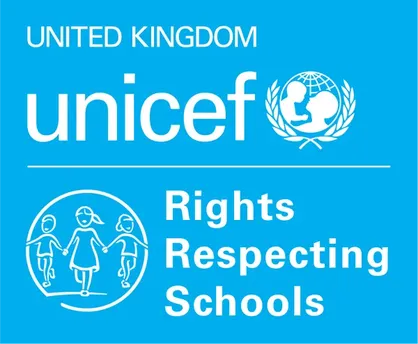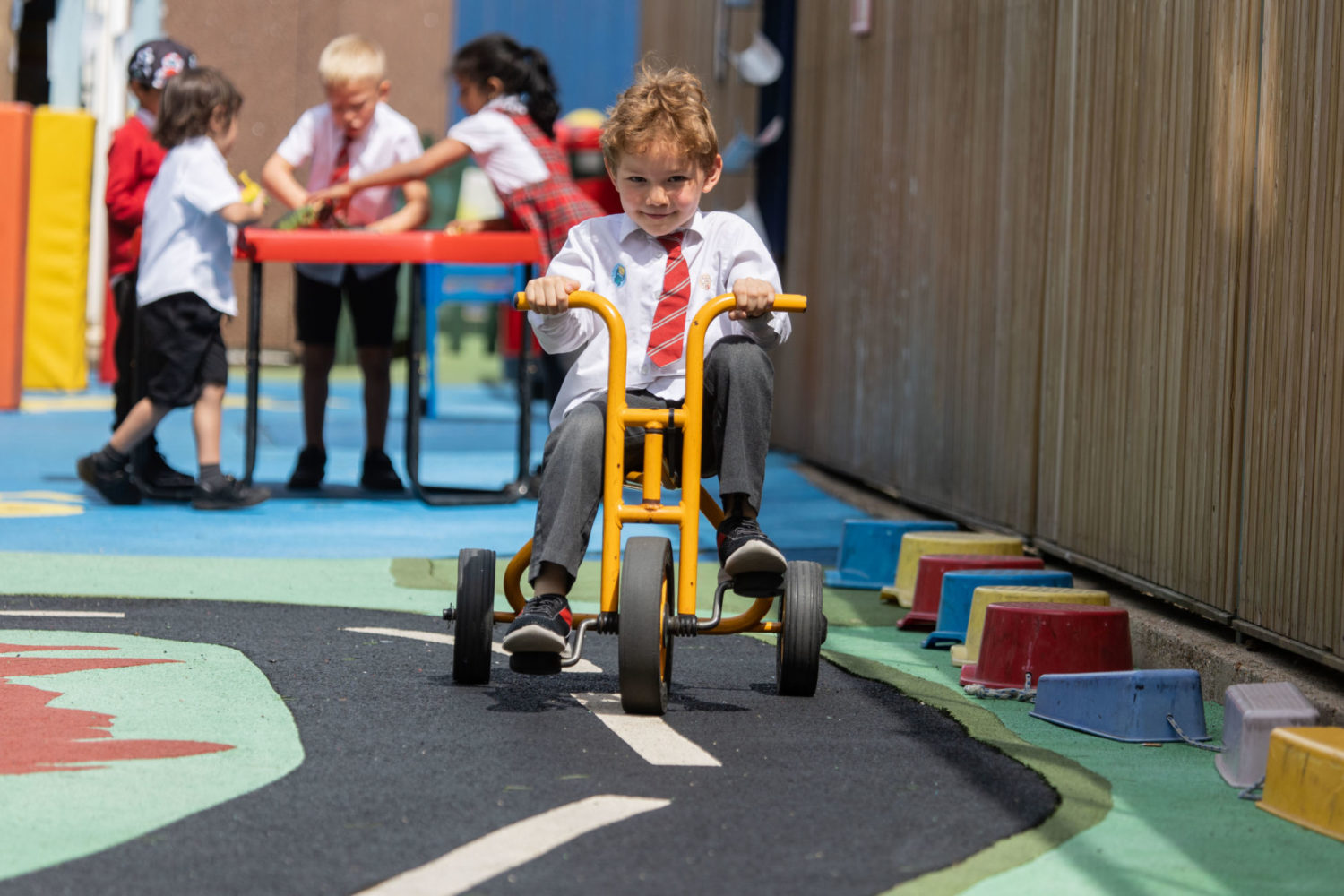Guidance to help support a child rights approach in Early Years settings.
We have helped many nurseries throughout the UK explore rights with young children and successfully embed a child rights approach. Please download our guide and explore how to approach RRSA accreditation with younger children.
In all Rights Respecting settings, the UN Convention on the Rights of the Child (CRC) guides staff to work in a way that is consistent with children’s evolving capacities, recognising differences in comprehension and understanding related to age and ability. We also acknowledge the differences in early years practice across the UK jurisdictions and regions we work in.
As you progress through the stages of the Rights Respecting Schools Award staff and children will develop their knowledge and understanding of the CRC. A commitment to children’s rights will be reflected through staff language and actions when working with children, families and the community. Through policies and practice, evidence of the articles of the CRC and key principles that underpin it: equality, equity, dignity, respect, non-discrimination and participation, will be visible to the whole school community.
Rights Respecting accreditation:
The accreditation process is always flexible in order to accommodate different educational contexts. Within early years it is expected that children will be exposed to rights respecting language and as such will become familiar with rights and be able to express some of the rights to which they are entitled.
The accreditation visit:
- During a visit we always ask for a member of staff to remain with the children involved and we encourage you to engage in the discussion and support them if needed.
- Please do work with your children in advance to prepare them for the visit and consider identifying prompts to discuss with your assessor. These could include books, photographs, charters, your RR mascot or work they have completed.
- If necessary, in conjunction with your Professional Adviser, do consider if changes are needed to the visit programme template to ensure an inclusive and engaging experience for your children.
Potential changes could include:
- Smaller groups of children meeting with the assessor.
- Reducing the focus group time.
- Replacing the focus group with an observation of children taking part in a discussion about children’s rights or experiencing their rights in your setting.
- Including in your evidence videos or recordings of children experiencing or discussing their rights (note all evidence is securely stored and deleted after the visit).



